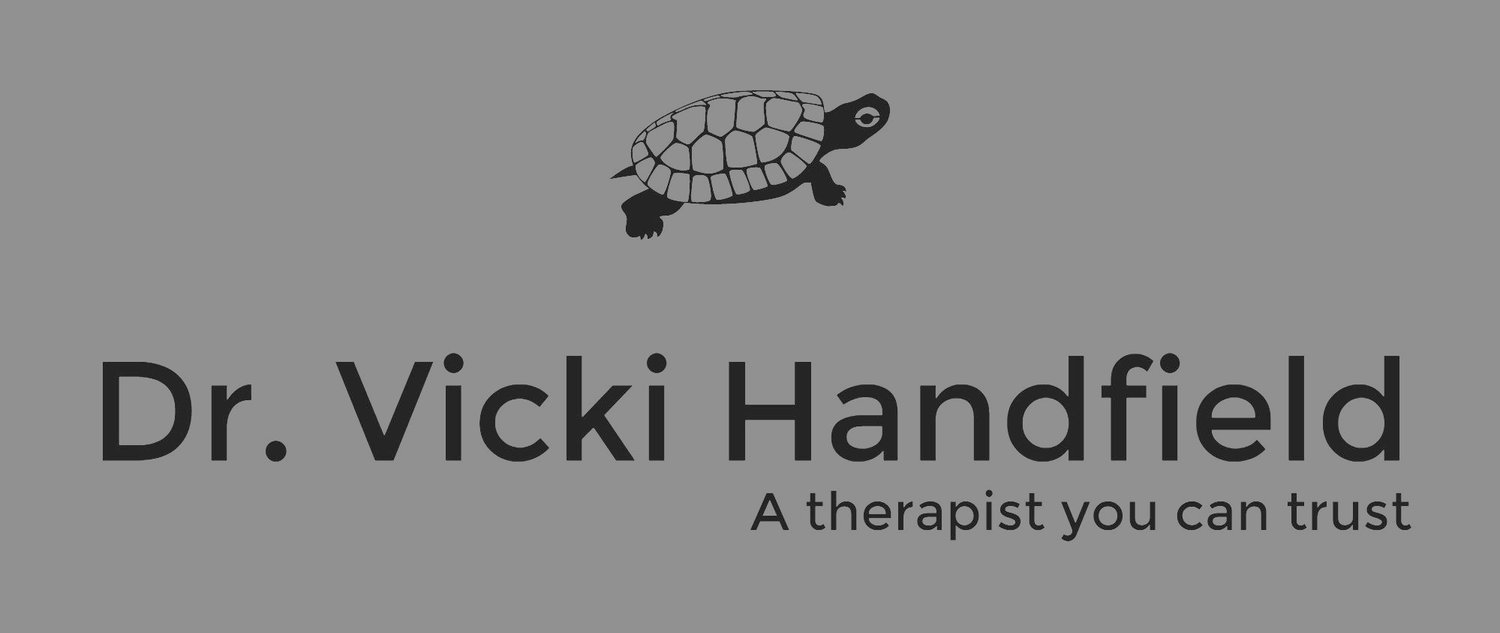If you find yourself feeling unusually tired halfway through the day, and it seems like your body is not keeping up with your usual pace, perimenopause could be a contributing factor. While it may not be the only reason for your fatigue, it is often an important part of the overall picture.
Key Takeaways
Perimenopause can disrupt your sleep, affect your mood, and lower your ability to handle stress, which can make fatigue feel more intense than usual tiredness.
Fatigue during perimenopause is often the result of several factors combined, including hormonal changes, disrupted sleep, increased stress, and the ongoing mental load of daily responsibilities.
While therapy cannot directly change your hormones, it can help you identify patterns, manage anxiety, and make daily life feel more manageable.
If this sounds familiar, continue reading. The aim is to provide clarity and practical support.
Is it really hormones, or is it just stress?
Many people find this confusing because it is rarely a matter of choosing between hormones or stress. In most cases, both are involved and can influence each other.
Perimenopause can change how your body sleeps and recovers. Poor sleep alone can make you feel like a different person, less patient, less focused, and more emotionally reactive. Then stress piles on, and your system never fully resets. Add in normal life stuff, work pressure, family responsibilities, relationship strain, and suddenly fatigue becomes your baseline.
It is important to remember that experiencing fatigue does not mean you are weak. Often, it is a sign that your nervous system has been under strain for an extended period, and your body is signaling the need for rest and recovery.
Why does fatigue often come with anxiety during perimenopause?
Many women are surprised by these symptoms. While they may expect hot flashes or changes in their menstrual cycle, they instead find themselves feeling anxious, restless, or unable to stop worrying.
Several factors can contribute to this experience. Disrupted sleep can lower your resilience, making your body more sensitive to stress. Your mind may become more active as it tries to understand what feels different. When your energy is low, even minor stressors can feel overwhelming.
If anxiety or mood changes show up in this season, you are not imagining it. According to the American College of Obstetricians and Gynecologists, mood changes during perimenopause are real, and physical symptoms like sleep problems and fatigue can intensify emotions. That matters because it helps you stop treating this like a personal failure.
How does fatigue affect your sense of self?
This is the part people rarely say out loud. When you are tired all the time, you stop recognizing yourself. You might feel less social. Less motivated. Less confident. You may even start questioning your relationships and your ability to handle normal life.
These feelings are a normal response to chronic fatigue. Fatigue can narrow your focus and make everyday tasks feel more challenging. A helpful approach is to shift from asking “What is wrong with me?” to “What is my body responding to?” This perspective can lead to more effective changes.
How can therapy help when the problem feels physical?
There is a common misconception that therapy is only helpful when life is calm. In reality, therapy can be especially beneficial when you are feeling overwhelmed. If perimenopause is bringing fatigue, anxiety, irritability, or panic, therapy can help you do a few practical things.
First, therapy provides a space to express and process your experiences. When you are exhausted, it can be difficult to organize your thoughts, and talking with a professional can help bring clarity. Second, therapy can help you identify factors that may be making your symptoms worse, such as stress patterns, people-pleasing tendencies, overextending yourself, negative self-talk, or unrealistic expectations.
Third, therapy is adaptable. Yes, it can be clear and structured, but real life walks into the room every week. Clients come in with new situations, new reactions, and new stressors. Good therapy makes room for immediate concerns while still tying them back to the bigger issues you have been working on.
If you are in Albuquerque, NM, and you want support
If perimenopause fatigue is affecting your work, your relationships, or just your ability to feel like yourself, you do not have to muscle through it alone. Dr. Vicki Handfield offers individual therapy for adults in person at 4801 Lang Ave., NE, #110, Albuquerque, NM 87109, and remote sessions by Zoom or phone, depending on your preference or location. Contact to learn more.
Therapy does not need you to have the perfect words. It just needs you to show up.


